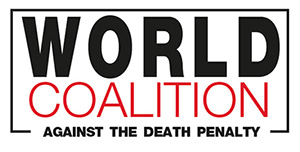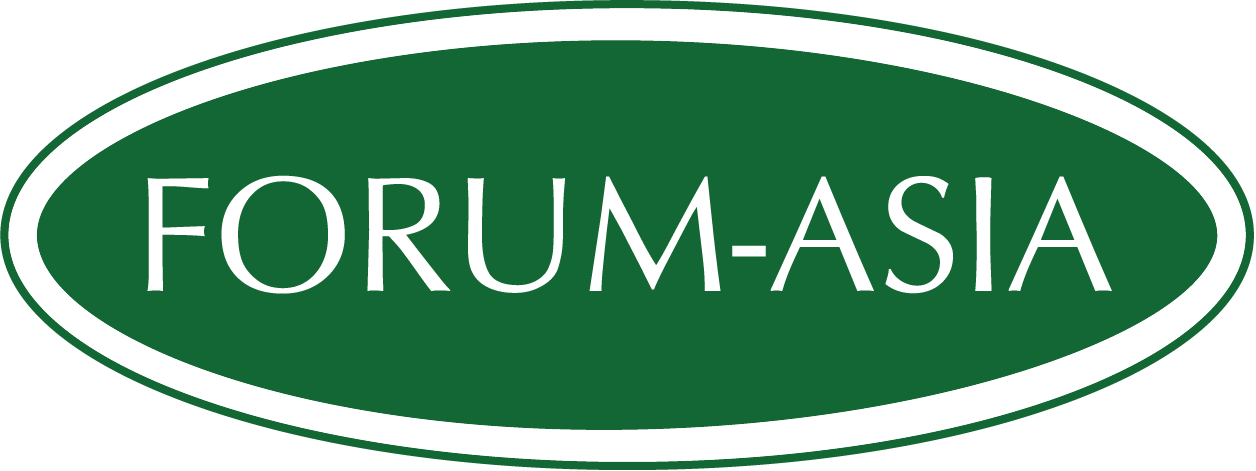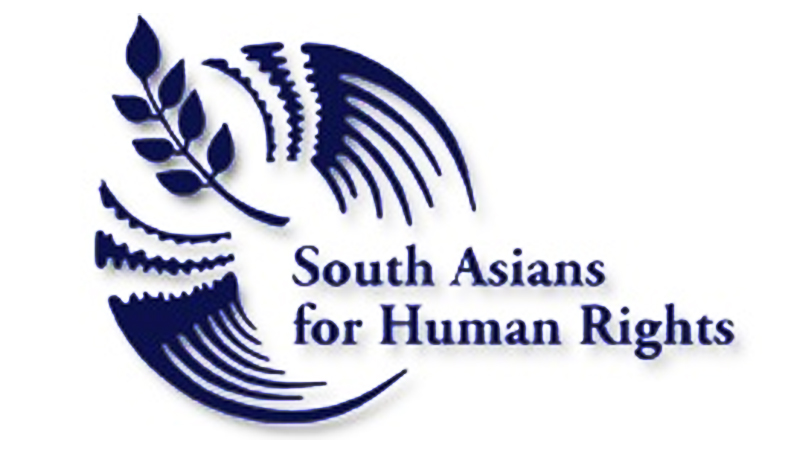HRCP to govt, political parties: do more for gender parity in parliament
Lahore, March 6: The Human Rights Commission of Pakistan (HRCP) has said that under-representation of women in parliament in this day and age was a poor reflection on the promise of gender equality and parity in the country and the government and all political parties needed to realise their responsibility in addressing that imbalance.
A press statement issued by HRCP on Sunday, as part of its media campaign ahead of International Women’s Day (March 8), said that although the ratio of women’s representation in the national and provincial legislature was somewhat better than in the judiciary and governance, that was largely the case because of reserved seats for women.
“In the 342-strong National assembly, there are only 70 women lawmakers. Out of these, only nine have become MNAs after contesting election on a general seat. All the rest have been nominated on reserved seats. In the 100-member Senate, there are currently only 19 women lawmakers, the Commission noted.
HRCP said that the women lawmakers’ contribution in terms of legislative output was proportionately far greater than their numerical strength in parliament.
HRCP said that besides women lawmakers’ invaluable contribution in legislation, their representation would also send the message that even as women were marginalised and discriminated against in society, they were not marginalised when it came to the legislature.
“Unfortunately, however, women’s presence in key parliamentary positions falls well below the low percentage of their representation in the house. Among the parliamentary secretaries, there are three women and 17 men. Of the 32 standing committees of the National Assembly, not a single one is headed by a woman. In the Senate, two women headed standing committees, compared to 28 committees where men are the chairpersons.
“Whereas thousands upon thousands of men had contested elections on the general seats in the 2013 elections to the National Assembly, only 135 women contested election on general seats. Out of these 61 women contested election on party tickets. This state of affairs in not a coincidence and the onus if on the political parties to explain why they have not played a greater role in ensuring gender parity in parliament. They can perhaps start by explaining, why all of them combined chose to give party tickets for general seats only to 61 women, compared to the thousands of male candidates who were given tickets,” HRCP stated.
The Commission said that women continued to experience significant discrimination related to their participation in public and political life in most domains of the public sphere. The reasons for the under-representation of women in power and decision-making were multifaceted and complex, and stemmed from economic, social and cultural issues, as well as from negative stereotypes about women and entrenched gender roles.
HRCP urged the government to fulfill Pakistan’s obligations to remove the barriers to women’s full and active participation in the public sphere and advance women’s equality and effective representation, doing away with the so-called glass ceilings, especially in top governance positions.
Zohra Yusuf
Chairperson
______________________________
Human Rights Commission of Pakistan (HRCP)
107-Tipu Block, New Garden Town, Lahore – 54600
Phone: (92-42) 35845969 Fax: (92-42) 35883582
eMail: hrcp@hrcp-web.org
Category: English






